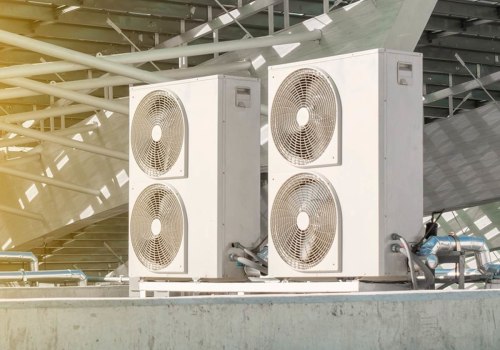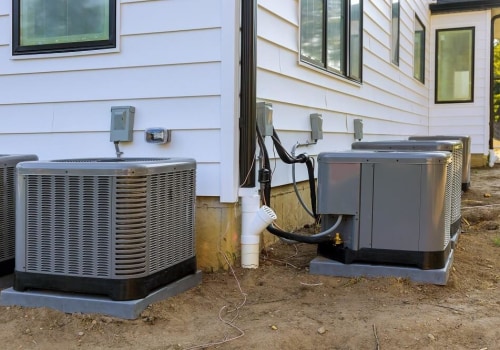Do you know the components that make up an air conditioning system? If not, Warner Service is here to provide you with the basics of home climate systems. Central air conditioning is a popular home climate system that allows people to control both the heating and cooling of their homes or offices using thermostats. By understanding the fundamentals of air conditioning, you can improve the performance of your current system or invest in a new one. HVAC stands for heating, ventilation, and air conditioning.
An air conditioning system works by using refrigerant to transfer heat from a part of the house to the outside atmosphere in summer and extract heat from outside and transfer it inside to provide heating in winter. The large metal pipe ducts that connect to the furnace and air conditioner part of your HVAC system are known as air conditioning, HVAC and heating appliances. If you have more questions about your HVAC system or are interested in having one installed in your home or office, call the experts at Master Mechanical today. With their help, you can ensure that your HVAC system is running efficiently and effectively. When it comes to HVAC systems, there are several key components that everyone should be aware of. The first is the compressor, which is responsible for compressing the refrigerant and transferring it throughout the system.
The evaporator coil is also important, as it absorbs heat from the air inside your home and transfers it outside. The condenser coil is responsible for releasing heat from the refrigerant into the outside air. Finally, there is the expansion valve, which regulates the flow of refrigerant throughout the system. It's also important to understand how these components work together to create a comfortable environment in your home or office. The compressor compresses the refrigerant and sends it through the evaporator coil, where it absorbs heat from inside your home.
The refrigerant then travels through the condenser coil, where it releases heat into the outside air. Finally, it passes through the expansion valve, which regulates its flow throughout the system. Having a basic understanding of how an HVAC system works can help you make informed decisions when it comes to maintaining or replacing your current system. It can also help you identify potential problems before they become major issues. If you have any questions about your HVAC system or would like to learn more about how they work, contact Master Mechanical today.




